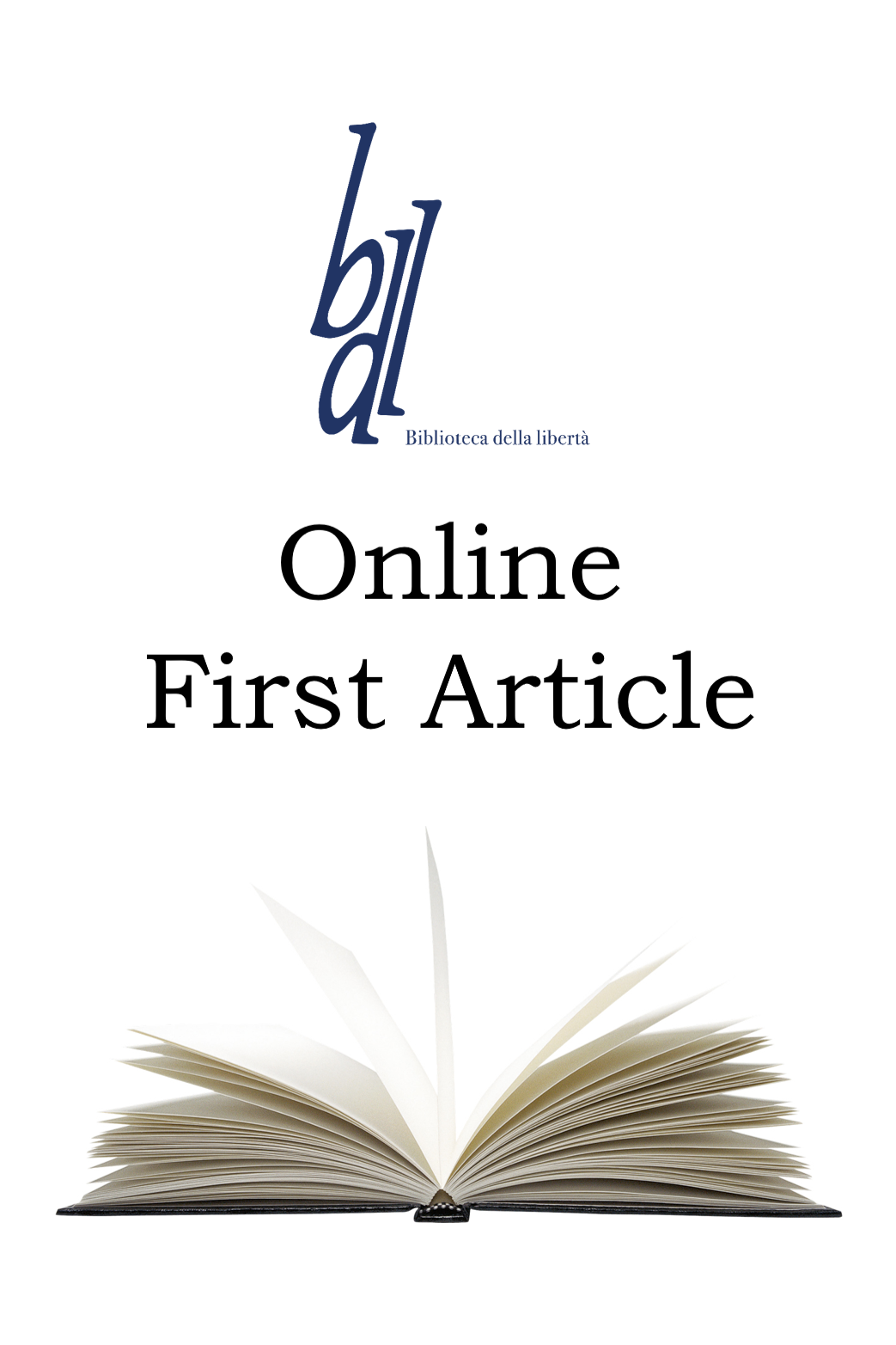- Ricerche e Progetti
- Biblioteca della Libertà
- Pubblicazioni e Working Paper
- Articoli e media
- Eventi e notizie
All issues
Perché limitare l’eccessiva ricchezza individuale? Ragioni e problemi del limitarianesimo
- Categoria/Category
- Anno LVII, n. 233, gennaio-aprile 2022
- Autore/Author
- Elena Icardi
- Editore/Publisher
- Centro Einaudi
- DOI
- 10.23827/BDL_2022_1
- Luogo/City
- Torino
- Articolo completo/Full text
- BDL_2022_01_Icardi.pdf
Abstract
Can excessive individual wealth be restricted? This is the provocative question addressed by limitarianism, a recent theory of distributive justice put forward by Ingrid Robeyns. On this account, the fortune of the super-rich should be restrained both to prevent their disproportionate political influence and to cope with some contemporary issues, e.g., global poverty or climate change. Indeed, Robeyns proposes two arguments in favour of limitarianism: the democratic argument and the argument from unmet urgent needs. However, while for preserving the democratic ideal of political equality a top marginal taxation rate of 100% should apply, for raising the needed resources to tackle the unmet urgent needs such a top marginal taxation rate should decrease not to disincentivize individuals from collecting these resources in the first place. Given this tension, in the present paper, I argue that only the democratic argument justifies limitarianism. Firstly, I explain why the friction imposes a choice between the two arguments. Secondly, I show how, by calling for a progressive taxation scheme rather than for an actual ceiling to individual wealth, the argument from unmet urgent needs is not a good argument for limitarianism. Finally, I argue that, if limitarianism is justified by the democratic argument, the limit should be sensitive to the overall economic distribution – namely the limit should be relative rather than absolute as Robeyns upholds. More precisely, in my view, the threshold should be established with respect to how much median wealth a citizen might own without enjoying boundless political influence.







